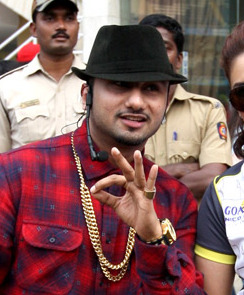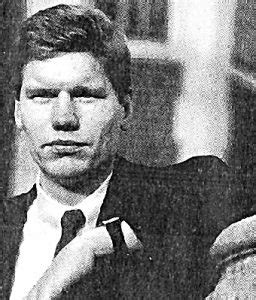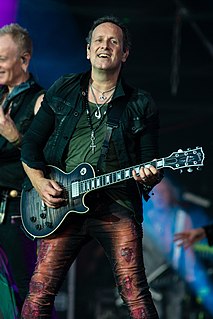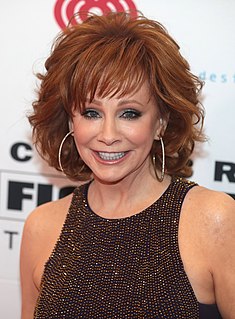A Quote by Mark Mothersbaugh
With MTV in the '80s, you made your album but then you needed to use any money you made to create a video - instead of being able to use that money to pay for you and your band to live on while you wrote new songs. So MTV upped the ante of looking for one hit. Conceptual bands who didn't have a hit were going to lose.
Related Quotes
In 2011, I released my first album called 'International Villager.' I had no support, and whatever money I had made, I put it all in the album. I shot the music video for 'Brown Rang' with one lakh dollars. I spent so much money, as I just wanted to put it up on YouTube, as I knew that my market was there, and it became a huge hit.
Good money management alone isn't going to increase your edge at all. If your system isn't any good, you're still going to lose money, no matter how effective your money management rules are. But if you have an approach that makes money, then money management can make the difference between success and failure.
These are very difficult times for new artists. Back in the day, a hit song could really seep into a person's DNA with radio and MTV. A hit today is not the same as a hit twenty years ago. Now there is so much competition, it is very hard to reach the people. The music scene is so overly saturated. There are no gatekeepers like there used to be.
To me, money is a vehicle; it's a tool. I could use it as a weapon to destroy things or money can create-you can create an opportunity, you can create a charity, you can create things for your family, you can go do something for your family that nobody else would ever do. You can create educational opportunities, you can feed people overseas. And there's a tremendous leverage with money, or you can destroy people with it.
We all live in an ongoing series of calamities. I don't know of any individual who doesn't have a series of calamities. Life doesn't operate where, you make a certain amount of money, you pay your bills, you move on from day-to-day-to-day. No! What happens is, you make your money, you pay your bills, and then a new bill comes up that's completely unexpected.
New York's niche is content, and content is becoming more valuable. Just think about what is more valuable: MTV or the cable system that you use to get MTV? Howard Stern or the radio station you use to listen to him? Ultimately, technology becomes a commodity, and content - real, true branded content - becomes more valuable.
When I joined I was young and silly and made some very stupid decisions, being oblivious to the magnitude of the consequences. I did go a little crazy after Musafir. There was plenty of money and adulation and I would see guys going crazy for me. The songs were a big hit and it was like living the life one only dreams of.
That's what is so great about being able to record a 13-song album. You can do a very eclectic group of songs. You do have some almost pop songs in there, but you do have your traditional country, story songs. You have your ballads, your happy songs, your sad songs, your love songs, and your feisty songs.
You're not going to hit it every single time, and that's why, when I record an album, I do probably close to 50 songs. Each song I record has to get better. If it's not better than the last song that I made, it'll usually linger for a couple of months, and then it'll be put on the backburner, and then there'll be another song that I do, and then it often doesn't make it on the album.



































